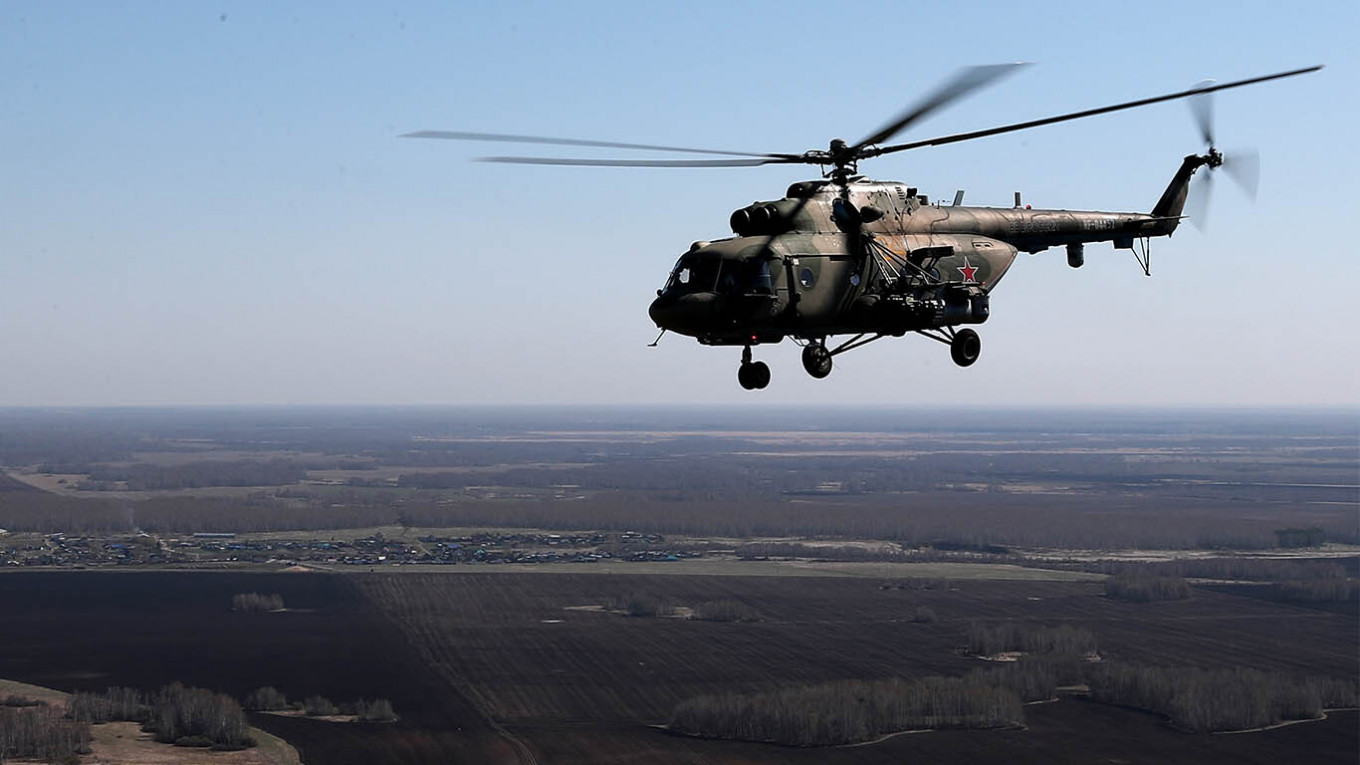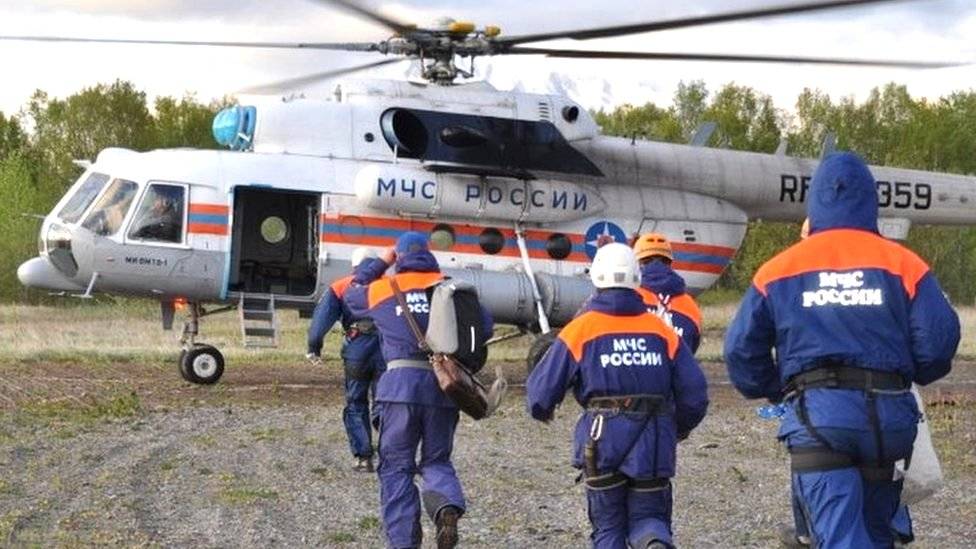

Tragedy Strikes: A Heartbreaking Account of the Mi-8 Helicopter Crash in Russia
On August 4, 2021, a tragic incident unfolded in Russia when a Mi-8 helicopter crashed in the remote Yakutia region. This devastating event claimed the lives of all 18 passengers and crew members on board, leaving behind a heart-wrenching account of loss and grief.
The Mi-8 helicopter, operated by the Russian aviation company Polar Airlines, was on a routine flight from the village of Deputatsky to the city of Kazachinskoye. However, shortly after takeoff, the helicopter encountered adverse weather conditions, including dense fog and low visibility, which significantly hampered the pilot's ability to navigate safely.
Weather-related factors often pose a significant challenge for helicopter pilots, as they rely heavily on visual cues to maintain control and avoid obstacles. Fog, in particular, can obscure the pilot's view, making it difficult to discern the horizon and gauge altitude accurately. This can lead to disorientation and potential loss of control, as was likely the case in this tragic accident.
Moreover, the Yakutia region is known for its harsh climate, with extreme temperatures and unpredictable weather patterns. Such conditions can exacerbate the risks associated with helicopter operations, requiring pilots to possess exceptional skills and experience to mitigate potential dangers effectively.
While investigations are still underway to determine the exact cause of the crash, preliminary reports suggest that the adverse weather conditions played a significant role. The pilot's decision-making process and the adequacy of pre-flight planning are also being scrutinized to ascertain whether any lapses or errors contributed to the tragedy.
Tragedies like the Mi-8 helicopter crash in Russia serve as sobering reminders of the inherent risks associated with aviation, particularly in challenging weather conditions. They underscore the importance of continuous training, strict adherence to safety protocols, and the need for robust risk assessment procedures to prevent such incidents from occurring.
Furthermore, this incident highlights the devastating impact of such accidents on the families and loved ones left behind. The loss of 18 lives not only leaves a void in individual families but also affects the broader community. The grief and trauma experienced by those affected by this tragedy cannot be overstated, and it serves as a stark reminder of the human toll that aviation accidents can inflict.
In conclusion, the Mi-8 helicopter crash in Russia is a heartbreaking account of the devastating consequences that adverse weather conditions can have on aviation operations. As investigations continue, it is crucial to learn from such incidents and implement measures to enhance safety, minimize risks, and prevent similar tragedies from occurring in the future.
Related Posts
© 2025 Invastor. All Rights Reserved


User Comments